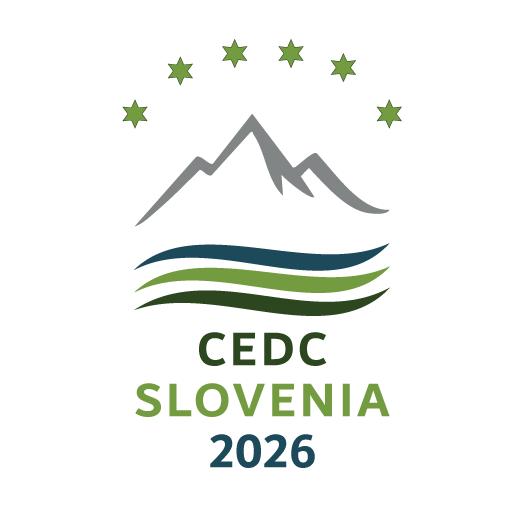Over 40 experts on site
From May 5 to 8, the study group “Regional Stability in South East Europe” met for the 42nd time in Reichenau, Austria. Together with CEDC representatives, they discussed the stabilization process in South East Europe. More than 40 experts from ministries, defence academies, security policy institutions, universities and non-governmental organizations met on a much larger scale than usual.
Demographic change and its potential for conflict
The presentations focused on the role of the younger generation in the countries of the Western Balkans. The tense political situation and enormous demographic changes, strongly caused by emigration, directed the focus to this social group. In addition to educational opportunities and the labour market situation, the discussion was devoted to the aspects of “brain gain – brain drain”. These socioeconomic factors are of great importance when assessing the security situation of the Western Balkan countries.
The key role of the younger generation
The second section was devoted to the question of what political influence the youth can exert in the democratization process. Specifically, the participants discussed alternative concepts to prevailing undemocratic and clientelistic systems of power. To this end, individual youth organizations in the region were presented and their concrete fields of work were highlighted. The special feature of these activities is that the younger generation is strongly involved in the development and implementation of individual projects. The workshop also enabled networking among these different organizations.
Confidence-building measures
An essential contribution of the study group is the promotion of mutual understanding and the trust at various levels of society within and between the countries of South-eastern Europe. An important product is the “Policy Recommendations” prepared by the members of the study group. These recommendations are addressed to international decision-makers and are intended to support and advance the process of conflict resolution in the region.
Workshops for conflict parties
Since 1999, the National Defence Academy and the Directorate General of Defence Policy have been running the international study group on the stabilization process in the Western Balkans as part of the “Partnership for Peace Consortium of Defence Academies and Security Studies Institutes”. Workshops are held twice a year to address current security policy issues at the academic and diplomatic levels to promote exchange between conflict parties.






